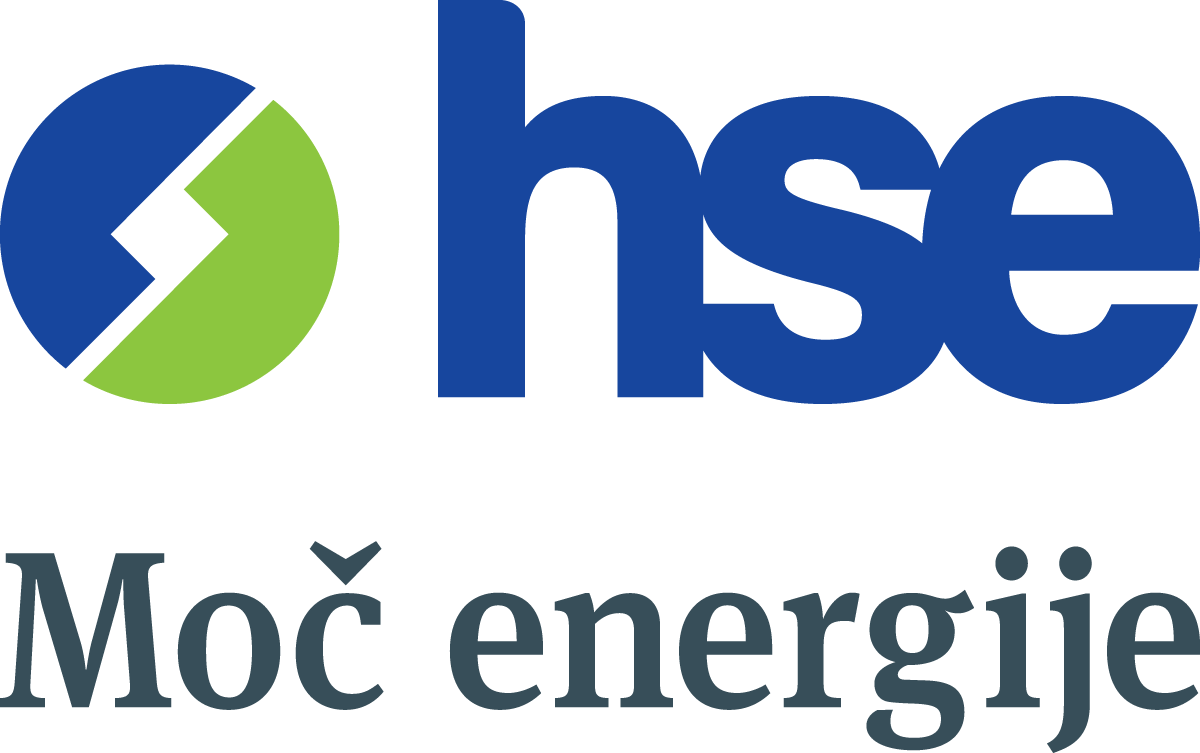(Velenje, 28 August 2019) – Today, 28 August 2019, the Velenje Coal Mine was visited by the Minister of Infrastructure Alenka Bratušek, M.Sc., the State Secretary of the Ministry of Infrastructure Bojan Kumer, M.Sc., the director general of the Energy Directorate Hinko Šolinc, M.Sc., and the director general of the power company Holding Slovenske elektrarne (HSE) Stojan Nikolić, M.Sc., with his colleagues. The visitors were welcomed by the general manager of the Velenje Coal Mine, Ludvik Golob, M.Sc., and the company’s manager Mojca Letnik, M.Sc. They presented activities for the transition towards a carbon-free society and development projects, and pointed out the most recent topics linked to the company’s operating scenarios, an extension of the concession on coal extraction, ensuring necessary human resources and the retirement problem, and ensuring resources for closure activities.
Director general of the power company Holding Slovenske elektrarne (HSE) Stojan Nikolić, M.Sc. stated that the Velenje Coal Mine and the Šoštanj Thermal Power Plant were like two inseparable units of exceptional importance for Slovenia and its electricity supply. “However, the fact is that climate change and legislative commitments at the European Union level dictate certain politics regarding decarbonisation, in which the energy sector stands as one of the key components. Within the HSE Group, we have already addressed the problem of decreasing our carbon footprint, and we will continue to tackle the issue in the future with a special emphasis on the so-called fair transition. During a gradual phase-out of the use of fossil fuels, such a fair transition considers all the essential aspects of transition, not only infrastructure, but also the social and economic aspects.” He further emphasised that, while a lot of attention is being paid to the gradual move away from solid fossil fuels on the one hand, there is too little consideration regarding the ensuing changes in transportation, the population’s habits, and cooling and heating. “Because of that, we not only need ambitious policies, but policies and measures that are realistic, holistic, and will adequately address a wide range of sectors and activities. A successful and fair transition into a low-carbon, or even zero-carbon, society is only possible through a broad consensus and the participation of all the actors contributing to the current situation.”
“As there have been many discussions and speculation about coal imports in recent months, I would like to emphasise that the strategy of the Šoštanj Thermal Power Plant is based around the use of domestic resources, that is lignite from Velenje,” emphasised the general manager of the Velenje Coal Mine, Ludvik Golob, M.Sc. in his opening remarks. “Currently, the Velenje Coal Mine still has more than 190 million tons of coal at its disposal, thus importing foreign coal is not included in our medium-term business plans. We are drafting four different scenarios for the Velenje Coal Mine operations, namely: until the year 2054, 2045, 2040, and 2030. The most probable scenario for the closure of the company targets the period 2040-45.
“Within the Velenje Coal Mine, we are well aware of the necessity of transitioning into a carbon-free society, which is why we have joined the inter-ministerial working group set up by the Ministry of Infrastructure. The group will draft restructuring measures for coal-mining regions, and will coordinate activities linked to the preparation of legal bases for the adoption of a regional strategy for the restructuring of coal-mining regions, and the adoption of a national strategy for the phase-out of coal, in line with the principles of a fair transition. The Holding Slovenske elektrarne Group and the Šoštanj Thermal Power Plant also take an active part in the working group.
“In recent years, we have been facing human-resources gaps in our principal activity. Although we have been carrying out numerous activities aimed at increasing applications to the coal-mining programme, we will have just two new students in the technical class in the upcoming academic year, whereas we have no applications for the geo-engineer-miner programme. The fact that strategic documents governing energy policy at the state level have not been adopted yet, and that the legislation for the energy sector at the European Union level is still pending, as well as the fact that it is currently impossible to predict when all this will come through, represent some of the biggest obstacles in attracting new human resources,” Golob confirmed.
For a number of years, we have also been seeking solutions for the retirement programme, as the age-structure of the companies within the Velenje Coal Mine Group has remained inadequate for several years. Due to the labour legislation encouraging employees to remain in service after fulfilling first-retirement conditions (despite the added length of service), we as employers do not have the option to realise measures of the labour-cost rationalisation within this field, which at the same time prevents us from employing young people.
The Act amending the Mining Act (ZRud-1D) has been in a public hearing that will be closed on 19 September of this year. The main reason for the amendments and supplements to the existing Act is an extension of existing mining rights. “It is necessary to amend the mine’s status beyond 2021, which is the expiry year of the concession contract on the economic justice of the extraction of mineral resources, and the delivery of funding for its closure. The Velenje Coal Mine has been covering all remediation costs from the coal-production price,” explained the general manager of the Velenje Coal Mine.
The Mine’s underground coal extraction affects the quality of the environment and life in the Šaleška Valley. The company compensates municipal authorities through concession fees, the legal basis of which lies in the Mining Act. Due to a lack of legal bases for compensation payments that local communities were accustomed to receiving in their budgets, those payments have been replaced by compensation for the use of building land. In 2019 alone, the Municipality of Šoštanj increased the compensation by EUR 1.1 million. The retail price of coal has not changed since 2014, which hampers stable operations in the face of market changes, as the Velenje Coal Mine alone bears all the costs linked to remediation and re-cultivation, as well as costs linked to the closure of individual parts of the company (the old chamber).
This morning, the guests also visited the Šoštanj Thermal Power Plant, notably its Block 6.
“With its Block 6 and the environmentally revitalised Block 5, the Thermal Power Plant Šoštanj stands as an important element in securing Slovenia’s energy supply,” said Mitja Tašler, manager of the Šoštanj Thermal Power Plant. “Its production is just below one third of the electric energy produced in Slovenia, making a significant contribution to reductions in the country’s import dependency on foreign, more expensive electricity, especially in dry-weather periods. We are aware that the tendency toward decarbonisation also dictates a gradual phase-out of fossil fuels, and a turn towards alternatives to the current energy production at the Šoštanj Thermal Power Plant. We are confident that decisions about these important steps for Slovenia’s energy sector will be primarily based on expertise. Until then, the Šoštanj Thermal Power Plant will accomplish its mission to the highest possible level and will be continuously upgraded with new projects that will represent a step forward towards a zero-carbon society.”
The Minister and her colleagues went 400 m underground and visited the high-pressure pumping site of the Velenje Coal Mine, and the duty centre with its safety-technological information system above the ground, through which employees on duty ensure 24-hour monitoring of all parameters and developments underground. They also visited the rescue service.







